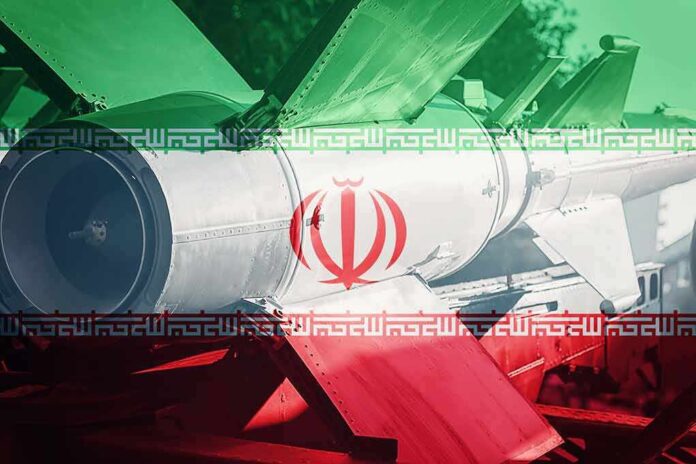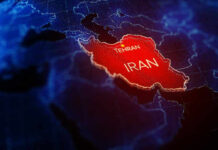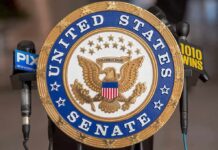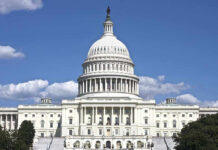
President Trump’s firm stance on Iran may redefine the trajectory of nuclear diplomacy on the world stage.
Key Insights
- Trump demands the total dismantlement of Iran’s nuclear program, hinting at openness to a civilian program.
- Amid rising tensions, the U.S. and Iran continue to engage diplomatically, despite setbacks in scheduled talks.
- U.S. Secretary of State Marco Rubio emphasizes strict conditions for any nuclear deal with Iran.
- Recent U.S. sanctions target Iran’s petroleum and petrochemical sectors, aiming to reinforce pressure.
Trump’s Demand for Total Dismantlement
President Donald Trump has reiterated his demand for the complete dismantlement of Iran’s nuclear capabilities. He has articulated this clear-cut stance repeatedly as he has expressed concern over Iran’s potential to develop nuclear weapons. Trump stated, “Total dismantlement—that’s what we want.” This policy underscores the heightening pressure from the U.S. administration for Iran to comply with stringent international demands.
Interestingly, while showing openness to discussions on regulated civilian nuclear energy, the President remains cautious. Secretary of State Marco Rubio shares these reservations, pointing out that even minimal uranium enrichment can swiftly escalate to weaponized levels, complicating the prospects for peace. This outlook is supported by recent geopolitical turbulence following the collapse of the 2015 nuclear accord with Iran.
Diplomatic Efforts Despite Rising Tensions
With diplomatic relations strained, Iran nonetheless continues to emphasize its adherence to peaceful intentions. Iranian Foreign Minister Abbas Araqchi insists on Iran’s rights under the Non-Proliferation Treaty to develop its nuclear fuel cycle, claims that directly challenge U.S. assertions. President Trump has encouraged this dialogue but remains adamant about halting uranium enrichment and missile development.
In an effort to bolster negotiations, President Trump has set a short timeframe for potential advancements, aligning with Secretary Rubio’s calls for U.S. oversight of Iranian facilities. However, logistical and technical issues have delayed a fourth round of discussions previously scheduled in Rome. The postponement adds to growing frustration amid newly imposed U.S. sanctions on Iranian-linked companies.
Trump opted for talks with Iran on nuclear deal rather than Israeli-led strikeshttps://t.co/3kY6bnbSQV
Israel had come up with May attack plans and were hoping that the US would sign off on those plans.President Donald Trump opted to engage in diplomatic talks with Iran on a…
— Matt Bracken (@Matt_Bracken48) April 17, 2025
Iran’s Response and the Path Ahead
Despite mounting pressure, Iran remains committed to negotiating a peaceful path forward. Iran’s Foreign Ministry interprets the recent U.S. sanctions not as a barrier but as a prompt for continued dialogue. The sanctions target Iranian petroleum and petrochemical industries, signaling the U.S.’s unwavering approach to leveraging economic paths for diplomatic ends.
As both nations navigate this geopolitical landscape, particularly following the U.S.’s withdrawal from the former nuclear agreement, the prospect of a “better” deal arises. A delicate balance between maintaining global peace and enforcing strict regulations persistently guides these complex negotiations moving forward.
Sources:
- Donald Trump seeks ‘total dismantlement’ of Iran nuclear program, open to civilian use | Today News
- Trump Waved Off Planned Israeli Strike on Iranian Nuclear Sites – The New York Times
- Trump will only accept ‘total dismantlement’ of Iran’s nuclear program
- Iran-US nuclear talks postponed for ‘logistical reasons’



















